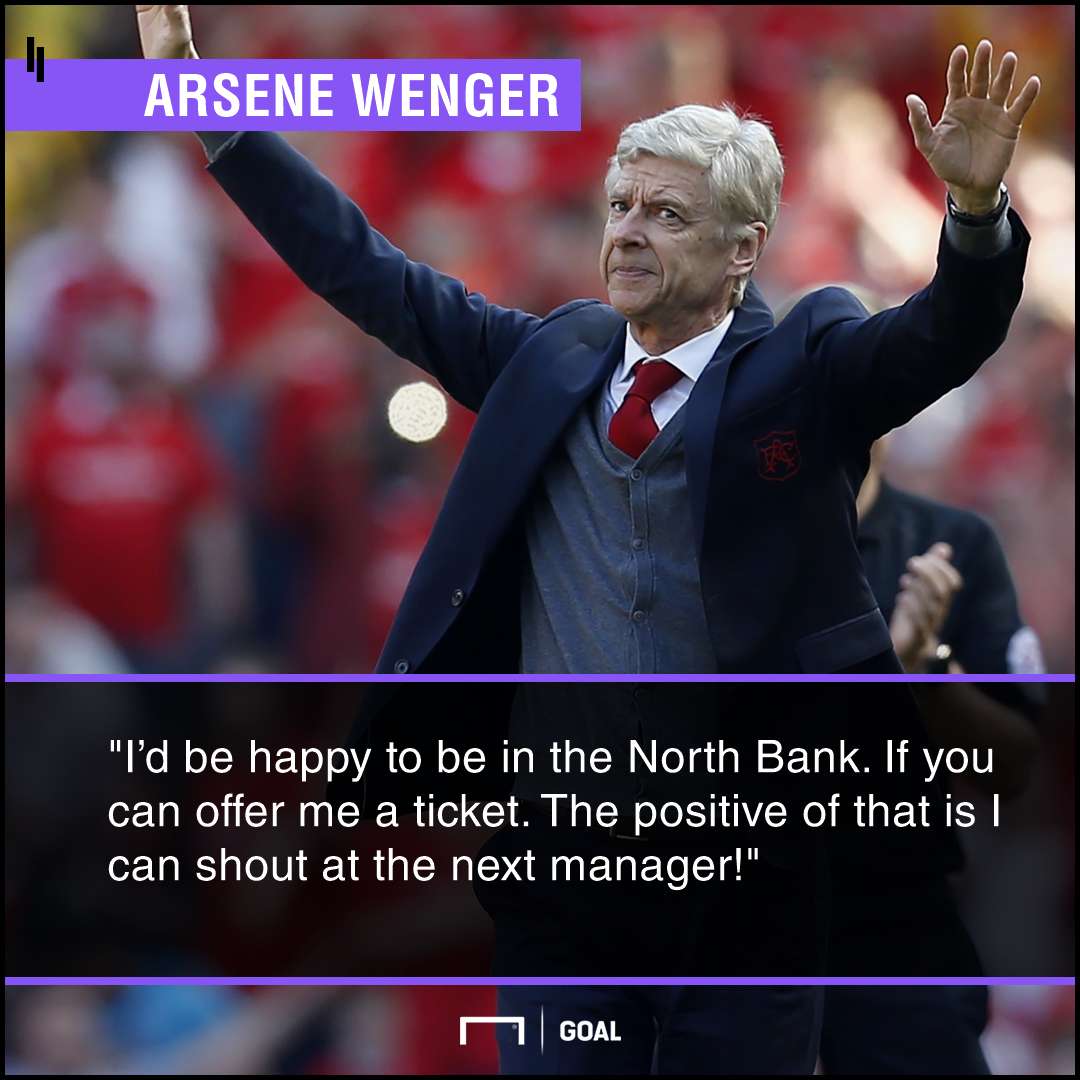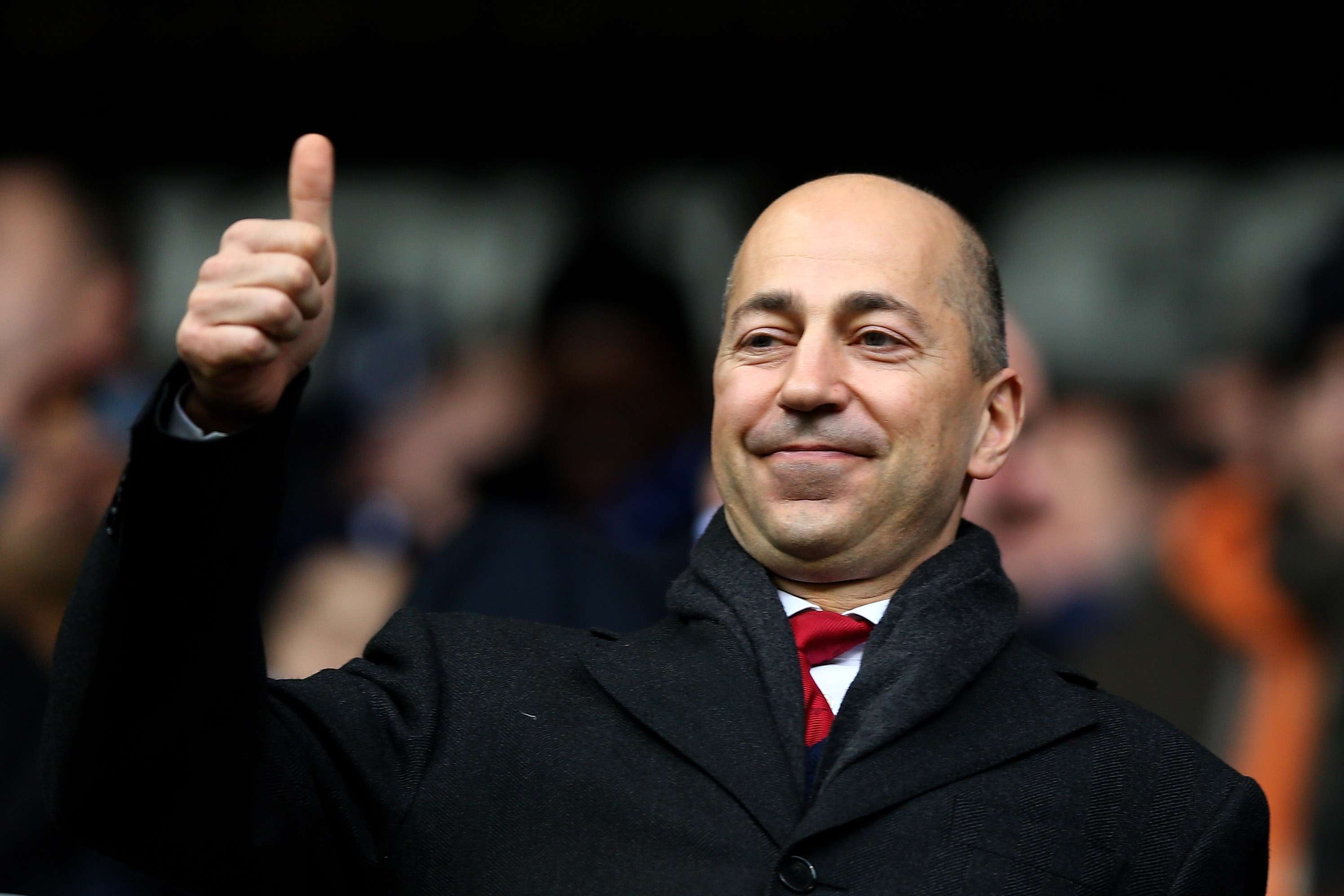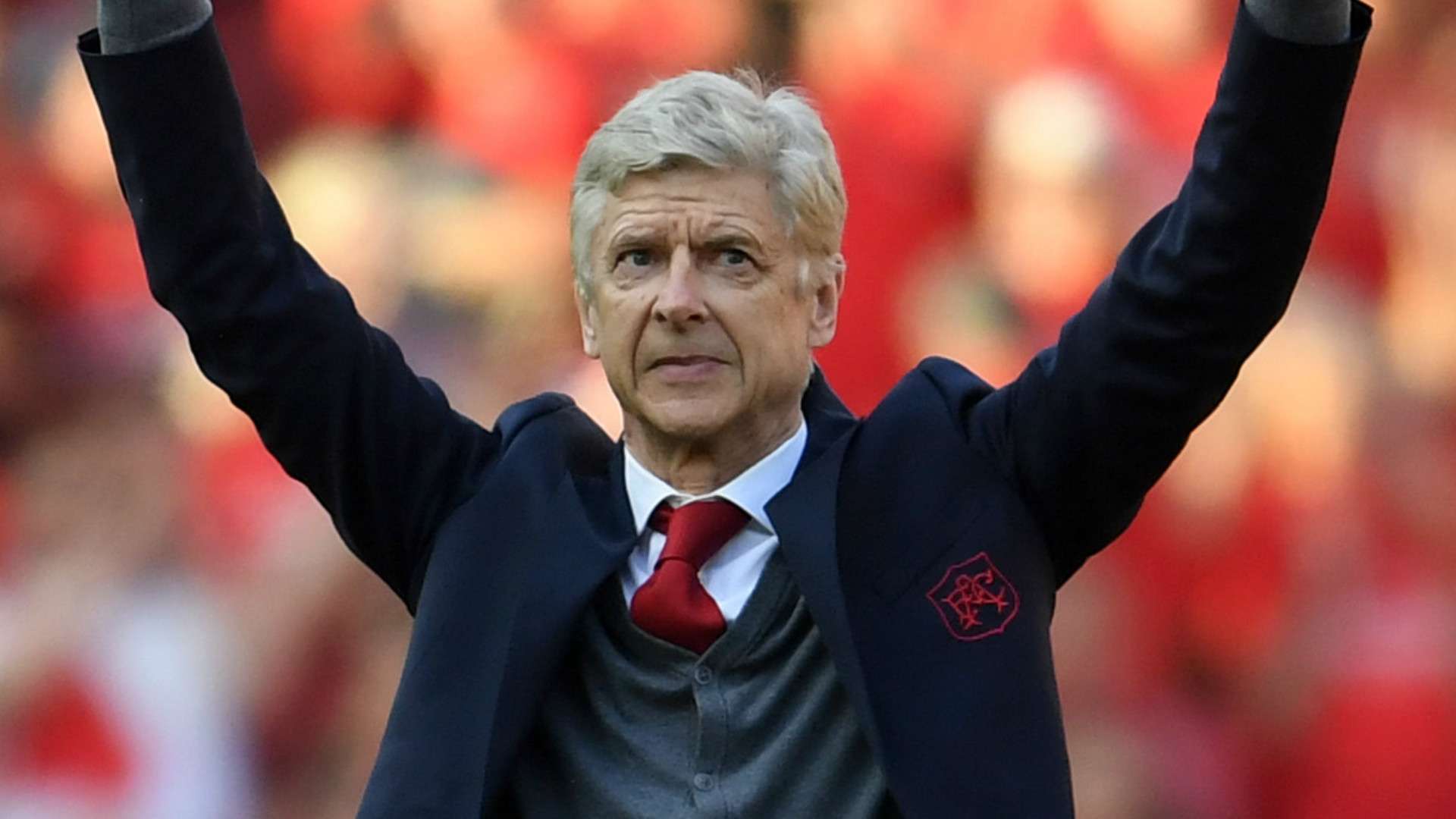Arsene Wenger and Herbert Chapman; two Arsenal icons who were ahead of their time.
On Sunday afternoon, Wenger took charge of his final game as Gunners boss following 22 years at the helm, with the match against Huddersfield Town proving a fitting fixture for the legendary coach to bow out in style.
Chapman, a former Huddersfield and Arsenal boss, introduced floodlights to the game, the tactics board and even proposed a ‘West Europe’ competition 20 years before the European Cup idea came to fruition.
He was also the main man behind Gillespie Road Tube station being renamed ‘Arsenal’ - which, to this day, remains the only Tube station named after a Premier League club.
In today’s short-term European football structure, it is rare for a manager to be given sufficient time to create such a legacy but Wenger has done it, which is why he deserves the respect and adoration that he’s received in recent weeks following his decision to leave north London after two decades.
The Frenchman famously changed the club's entire approach to match preparation, modernised the training ground facilities and oversaw the move to Emirates Stadium while keeping Arsenal in the Champions League at the same time.
His ability to scour the European market, particularly in France, for top young players before selling them on for profit once they had achieved success with the Gunners was all down to the vision of one man.
“I am never satisfied. I just try to do my best and I believe I would like to go away and think I have done that,” Wenger told The Mirror in 2012.
Similarly, Chapman’s personal mantra was to always have the hunger and determination to make his teams better.
“There is one golden rule: it is never safe to be satisfied,” said Chapman. “No matter how good the team may be, there should always be an attempt to improve it.
"It is sometimes suggested that a winning team are got together by luck. This has not been my experience. One has to watch a team like a thermometer.
 Playing Surface/Getty
Playing Surface/Getty
Different eras, different people yet their philosophies can be aligned despite being almost a century apart.
Those criticising Wenger’s legacy should assess on what kind of footing he leaves the club. This is not only with regards to finances - where Arsenal remain strong - but also the infrastructure, which includes a state-of-the-art, recently upgraded training ground and a 60,000 seater stadium with the debt all but paid off following years of stringent financial planning which restricted Wenger’s spending in the transfer window.
“It’s not really happened [Arsenal becoming financially dominant] because other clubs have used outside resources,” Wenger said. “We had a double handicap. We had to pay back the debt on the stadium and we had to face the competition where clubs have even more resources than they usually have.”
Added to that, Arsenal have a core group of players capable of challenging for the Premier League title next season. Wenger’s own words are that the Gunners need at least "two or three" new additions to maintain a challenge and there is indeed the risk of the club going into a transition period once the new manager arrives.
A fresh approach is what Arsenal certainly need at this point and Ivan Gazidis, Sven Mislintat and Raul Sanllehi will become the ‘face’ of the forward-thinking reaguard put in place to move the club onto a European model which aims to improve player recruitment and, by consequence, results on the pitch.

Although the critics will point to Arsenal’s disastrous away form in the Premier League this season, it is worth noting that the squad also reached the Europa League semi-final and League Cup final in what has been Wenger’s worst campaign.
Clearly, there is room for improvement but the overall structure that the 68-year-old leaves behind is one that his successor can work on without having to worry about debt, overhauling an entire squad or creating new infrastructure.
"I believe I had an impact on the club as a whole because the club is in a strong position, it has a new stadium, a new training ground and new players," Wenger said on Sunday. "We won three Premier League titles, played 49 games unbeaten and I'm very proud to have won seven FA Cups too.
"I see a bright future for my successor because the team has a good attitude and quality. The team needs some additions and if they get them I think they will compete for the Premier League title."
Arsenal were also FA Youth Cup finalists last season and with Hector Bellerin, Alex Iwobi, Ainsley Maitland-Niles among those graduating from the club’s academy set-up in recent seasons, the potential for further youngsters to get their opportunities will now be handed over to retiring club captain Per Mertesacker.
Chapman and Wenger’s approach to the game was to create a fast-moving spectacle for the watching spectators and it was so fitting that everyone inside the stadium at Huddersfield stood up in the 22nd minute to applaud the Arsenal boss.
"I have a little bit of a special bond here because Herbert Chapman came from the club to our club and he is certainly our greatest manager," Wenger said afterwards. "So it had a special meaning."
Wenger has made it clear that he wants his attractive brand of football to be carried on in the future and while there can be no guarantees as to what happens next in the chapter, both he and Chapman are two men who will go down in history as changing Arsenal Football Club and English football for the better.




